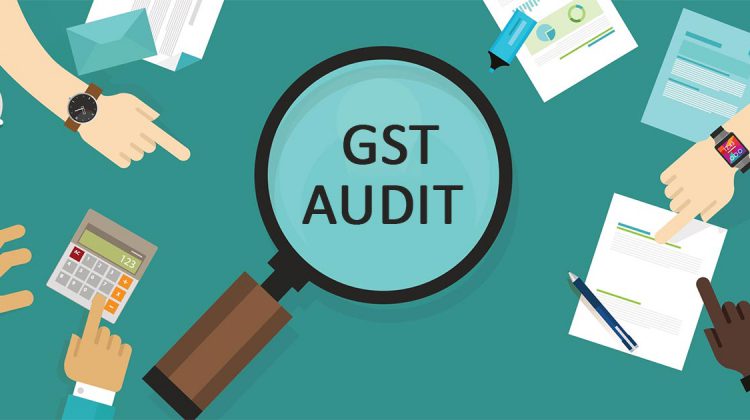GST is a trust based indirect tax in which assesse himself calculates and discharge his tax liability. So to check the veracity of tax liability assessed by assesse and compliances with GST Act and rules, Section 65, 66 and 35(5) of CGST act provides for GST Audit by Tax Authorities, Special GST Audit and Turnover based GST Audit respectively.
| Types of GST Audit | Performed By | Applicability | Period Covered under Audit |
| Turnover based Audit | Chartered Accountant or Cost Accountant appointed by the taxpayer | If the Turnover exceeds 2 Crores for the FY 2017-18 & 5 Crores for the FY 2018-19 | Financial Year wise |
| Audit by Tax Authorities | Commissioner of CGST/SGST or any Officer authorized by him | On order of Commissioner by giving 15 days prior notice | Financial Year or part thereof or multiples thereof. |
| Special audit | A Chartered Accountant or Cost Accountant, nominated by Commissioner | On order of Deputy/Assistant Commissioner with prior approval of Commissioner | As specified by the Deputy/Assistant Commissioner in order of audit |
We hereby cover only turnover based GST Audit. For the applicability of the GST Audit turnover means:
Aggregate value of below mentioned supplies either good or service or both to be computed on all India basis:
- All taxable supplies (excluding the value of inward supplies on which tax is payable by a person on reverse charge basis)
- Exempt supplies
- Exports
- Inter-State supplies of persons having the same Permanent Account Number (Branch Transfer)
Scope of GST Audit:
GST audit is examination of records, returns or other documents kept and filed under the GST act and compliances of the GST Act and rules made thereunder. To check the correctness of the returns filed and tax assessed, auditor need to compare the figures with the audited books of accounts. GST Reconciliation statement and audited books of accounts to be submitted along with GST audit report.
Important points to be covered in the GST audit are undermentioned:
1. Value of Supply & Outward Tax – To be checked with the audited books & applicable tax rate as per nature of supply.
2. Input Tax Credit (ITC) – To be checked whether only eligible Input has been taken, ITC as per GST2a, Documents availability of ITC, reversal of ITC in case of free samples, ITC reversal in case of non-payment to vendor within 180 days.
3. Documents to be required under GST:
a. Invoice in the required format (Tax Invoices/Bill of supply)
b. Delivery Challans/Dr. notes/Cr. Notes
c. Self-invoices, Receipt notes
d. Other Documents as prescribed in the GST Act and rules
4. Registration Related Compliances: Need to show the every business place in registration certificate if in the same state otherwise need to take the separate registration certificate.
5. Other situational points:
a. Reverse Charge applicability
b. Examination of Stock Records
c. Job work related compliance
d. E-way Bill Compliance
e. LUT Filing
f. GST Refund whether eligible or not
g. GST on sale of Fixed assets
h. GST on advance received for supply of goods

